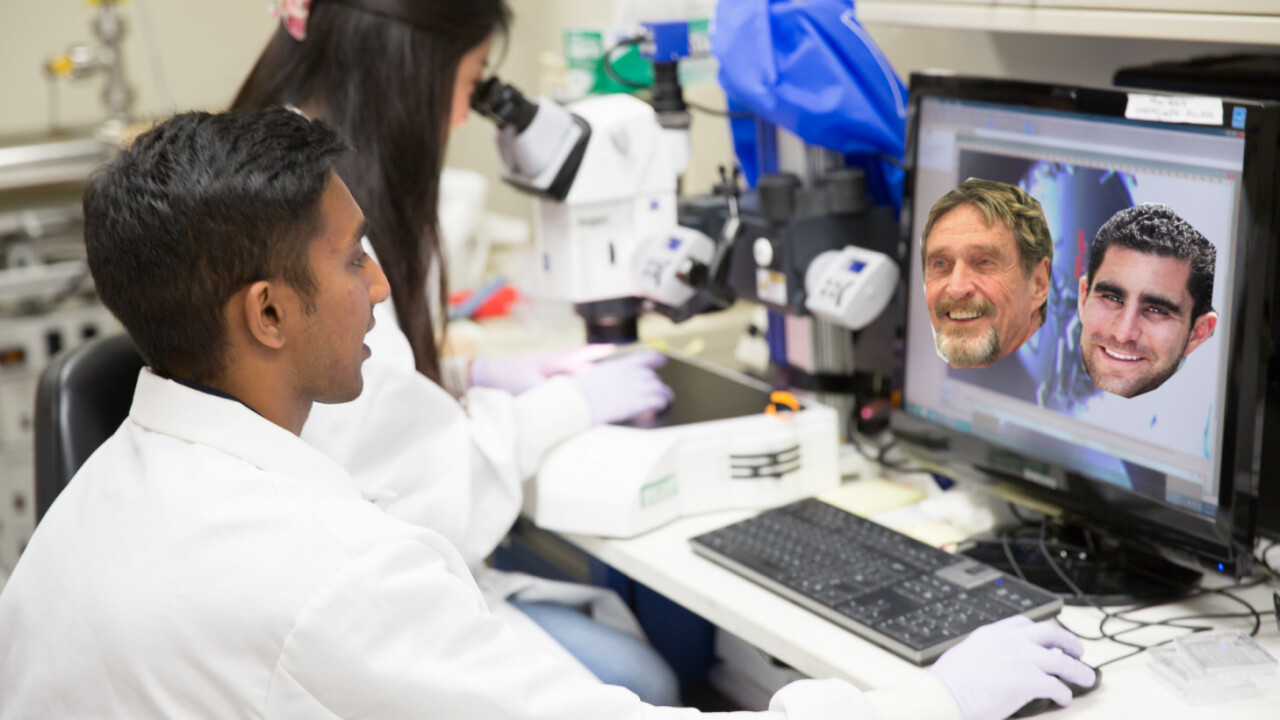
A report published in the International Journal of Health Geographics has medicine pegged to be the first industry completely revolutionised by the blockchain – but it won’t be easy.
After analyizing 40 papers from the PubMed journal, researchers noticed a continued and growing interest from the healthcare research and medical sector in developing blockchain solutions to streamline almost everything related to health.
Suggested use cases range from powering supply chains to securing medical data, but the report also highlights some fairly futuristic concepts. One radically forward-thinking concept, for instance, envisions using blockchain-enabled augmented reality technologies for “crisis mapping and recovery scenarios.”
The paper attributes the blockchain with potential to breed smart drones powered by distributed peer-to-peer apps, built to provide relief in desperate situations. Autonomous vehicles delivering life-saving equipment such as defibrillators are some of the more futuristic applications developing faster than anticipated.
Emergency situations aside, the report asserts that Internet-of-Things (IoT) tech marks “foundation of the smart healthy cities and regions of today and tomorrow.” One EU-funded project, Guide2Wear, is building blockchain-powered wearable devices that would facilitate seamless traveling on public transport.
The road to realized innovation is not going to be easy, for all great ideas will inevitably face major challenges, the paper posits. All blockchains must be resistant to ‘51 percent attacks’ and have robust security measures, especially considering the sensitive nature of data related to medical records and GPS.
Interoperability – communication between blockchains – is another major hurdle, especially for budding smart cities. The relationship between multiple blockchains must be seamless in order to reap the benefits provided by the technology.
The researchers emphasize that perhaps the most pressing existential problem facing blockchains might just be the European Union. In May, the General Data Protection Regulation (GDPR) came into effect. It requires that all personal data must be deletable on demand, a difficult request for a distributed ledger using eternal immutability as a means of ensuring trust in sensitive data.
Considering it has been over a month since the enacting of the EUs new privacy guidelines and the sky hasn’t collapsed on blockchain startups across Europe, the working understanding is distributed ledgers could technically be exempt, as privacy and security are essential cornerstones to their marketability.
The full report is public and can be accessed here.
Get the TNW newsletter
Get the most important tech news in your inbox each week.




